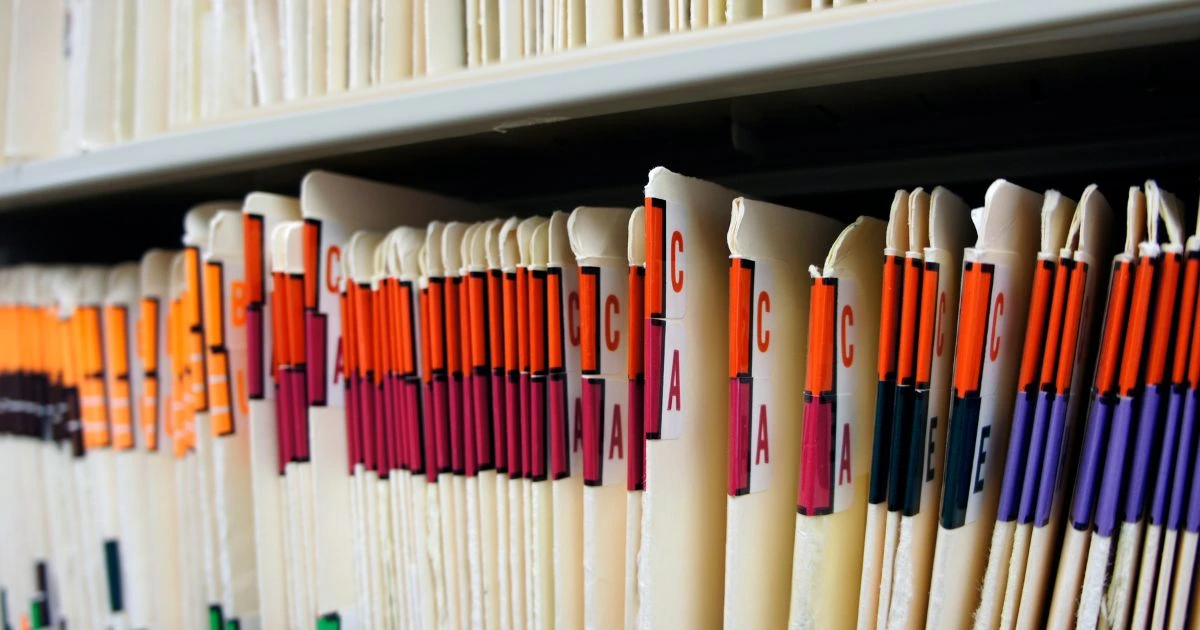Home
>
Blog
>
>
How to Identify Altered or Falsified Medical Records?
Altered medical records don’t just distort facts; they can change the entire outcome of a legal case or a patient’s life. Detecting them is critical.
When managing medical records, you may face challenges regarding altered and falsified documents. These records are supposed to provide an accurate and truthful account of a patient’s medical history and treatment.
Unfortunately, there are instances where medical records may be altered or falsified, often in an attempt to cover up mistakes and malpractice. Detecting these alterations is crucial for attorneys seeking justice for their clients.
As a medical record review company, we understand the importance of ensuring that records are original and reliable. This article will help you explore the signs of altered or falsified medical records and how to find the falsifying patient records.
What are Altered or Falsified Medical Records?
Medical records serve as a complete history of a patient’s medical journey, containing details about diagnoses, treatments, medications, and outcomes. However, these records can sometimes be altered or falsified, leading to serious legal and medical consequences.
Altered medical records refer to those that have been changed after their initial creation. These alterations can range from minor corrections, like fixing a typo, to major changes, such as modifying the details of a diagnosis or treatment.
On the other hand, falsifying medical records are those deliberately created with false information or manipulated to deceive. This could involve adding misleading diagnoses, deleting crucial information, or even creating entirely false records.
Catch 70% of Tampering Early
Systematic review and audit-trail checks help detect 65–70% of altered or falsified entries before they damage a case.
Understanding the difference between these two types of records is essential because both can have far-reaching results for medical and legal cases.
Understanding Altered and Falsified Medical Records Is Important
You may wonder why it is important to know about altered and falsified medical records. From a legal perspective, altered or falsified records can lead to disputes, affecting malpractice claims, insurance compensations, and plaintiff rights. Such altered or falsified documentation can impact the outcome of legal cases, leading to unjust verdicts or settlements. If you are involved in any legal process where medical records play a role, understanding their originality is crucial to ensuring a fair outcome.
Accurate medical records are essential for proper patient care. Any changes or falsifications can lead to incorrect treatments or missed diagnoses, which can endanger patient health. When you rely on medical records for making health decisions, you need to be confident that the information is accurate and unaltered.
How to Find Out Altered or Falsified Medical Records?
One of the first things to look for is inconsistent dates. If the timeline of entries in the medical records doesn’t make sense, it could be a sign of alteration. For example, if a treatment date is recorded before a diagnosis date or notes made after a discharge date, these inconsistencies would raise red flags. Look for entries that seem squeezed in or added later, which might be labeled as late entries, which can be legitimate.
For handwritten medical records, changes in handwriting style within the same record could indicate that someone else made the entry or that the record was altered. Pay attention to sections of the record that look different from the rest, as these may have been altered after the fact.
Want to identify missing medical records?
Look for erased or covered text in medical records. Some alterations might be made by crossing out information, but if the original text is completely obscured, this is a major red flag. Proper corrections should involve a single line drawn through the incorrect information, with the correct information added next to it, along with the date and time of the correction.
Sometimes, the absence of expected information can be just as telling as the presence of suspicious entries. If a record seems unusually clean, with no corrections or late entries in a case where complications occurred, it might be a sign that information has been intentionally omitted. Real medical records typically have some degree of human error, so a record that is too perfect could be a sign of alteration.
Electronic medical records (EMRs) are designed to track changes, but this doesn’t make them immune to tampering. Most EMR systems log who made changes when they were made, and what was changed. If an attorney suspects alterations, requesting the audit trail of the EMR can provide crucial evidence.
An audit trail refers to a detailed log that tracks all actions and changes made within the EMR system. It includes information such as user activity, changes made, date and time, and access details. Check for edits made long after the fact or multiple revisions that seem unnecessary.
If corrections or late entries are made shortly before litigation or a claim is filed, this can indicate that the records were altered with the legal case in mind. While doctors can and should make corrections when necessary, the timing and nature of these corrections should be scrutinized to determine whether they were made in good faith or as a cover-up.
When in doubt, bringing in an expert in medical record review can be invaluable. These professionals can analyze the records with a trained eye, identifying even the subtlest signs of alteration. They can also provide detailed reports and testimony that can bolster your case in court.
Steps to Take If You Suspect Altered or Falsified Medical Records
Take immediate action if you suspect the alteration or falsification of medical records. The first step is to review the records thoroughly. Take enough time to go through the records with a fine-tooth comb, looking for inconsistencies and any signs of medical record tampering. Pay attention to even small changes in the medical record, which helps sometimes.
"Every overwritten note, missing entry, or altered timestamp tells a story, and expert reviewers uncover the truth hidden inside compromised medical records."
Keep detailed notes of unusual things you find in the medical records. This documentation will be essential if you need to take legal action or present your findings to others, such as in court or during an insurance claim.
If you are not sure about the originality of the records, consider reaching out to professionals who specialize in medical record review services in the USA. These experts can provide a detailed analysis and help you identify any potential issues. Their experience and knowledge can be invaluable in determining whether the records have been compromised.
Finally, if you think that your records are deliberately falsified, consult an experienced lawyer. They can help you file a falsified medical records lawsuit and collect evidence if legal actions are necessary.
Medical Review Services in Managing Altered and Falsified Records
With the help of medical record review services, it is easy to identify and address issues with altered and falsified medical records.
One of the key benefits of using a medical record review service is the expert analysis it provides. Medical record reviewers can quickly spot inconsistencies or signs of falsification that might be missed by someone without their specialized knowledge.
Detecting altered or falsified medical records requires a keen eye and an understanding of what to look for. As a medical record review company, we specialize in identifying inconsistencies and potential signs of tampering, ensuring that the truth is uncovered.
Spotting Altered & Falsified Medical Records
60%
Inconsistencies Detected
Experts catch gaps, late entries & conflicts
55%
Higher Accuracy
EMR logs reveal edits and unauthorized access
50%
Faster Identification
Expert review cuts investigation time in half
Detecting Altered or Falsified Medical Records
What are altered medical records?

Altered medical records are legitimate records that have been changed after their original creation. These changes may include modified dates, updated diagnoses, revised treatment notes, or added entries made later than the actual event.
How are falsified medical records different from altered records?

Falsified medical records are intentionally created or manipulated with false information to mislead. This may involve fabricating diagnoses, deleting adverse events, or creating records that never existed in the first place.
Why do medical records get altered or falsified?

Records are most often altered or falsified to cover up medical errors, avoid malpractice liability, reduce insurance exposure, or strengthen a legal defense during disputes or litigation.
What are the most common red flags of altered medical records?

Common warning signs include inconsistent dates, late entries without explanation, missing pages, changes in handwriting, overwritten text, unexplained gaps in care, or records that appear “too perfect.”
Can electronic medical records (EMRs) be tampered with?

Yes. While EMRs are more secure than paper records, they can still be altered. Audit trails within EMRs are critical because they log who made changes, when they were made, and what was modified.
What is an audit trail, and why is it important?

An audit trail is a system-generated log that tracks all access and edits within an EMR. It helps detect unauthorized changes, late modifications, and suspicious activity that may indicate tampering.
Are late entries always a sign of falsification?

No. Late entries can be legitimate if properly labeled, dated, and explained. However, late entries made shortly before litigation or without clear justification should be carefully scrutinized.
How can missing information indicate record falsification?

Unexpected gaps—such as missing progress notes, absent diagnostic reports, or incomplete discharge summaries—may suggest intentional omission, especially when complications or adverse events are known to have occurred.
What should you do if you suspect medical records were altered?

You should document all inconsistencies, request complete records including audit trails, avoid relying on copies alone, and consult medical record review experts or legal counsel immediately.
How can professional medical record review services help?

Expert reviewers identify subtle inconsistencies, analyze audit trails, detect missing or altered entries, and prepare defensible reports that support litigation, insurance disputes, and patient advocacy.
If you suspect that medical records in your case have been altered, send your medical records to LezDo TechMed. Our expert team will review your documents, detecting any vital records that are missing.
To wrap up,
Finding altered or falsified medical records is essential to ensuring fairness in legal cases and settlements. By familiarizing yourself with the signs of altered records, taking prompt action when issues arise, and utilizing professional medical record review services, you can go through the situations with confidence.
Jebisha
Jebisha Jenishofen holds an MBA in Marketing and works as a medical-legal research analyst with over five years of experience in the medical-legal field. She combines her background in literature and research to develop clear and accurate medical and legal content that supports case evaluations, insurance claims, and compliance needs. Her expertise in market research and client insights helps her connect analytical skills with strong industry knowledge in the medical-legal domain.







.webp)







